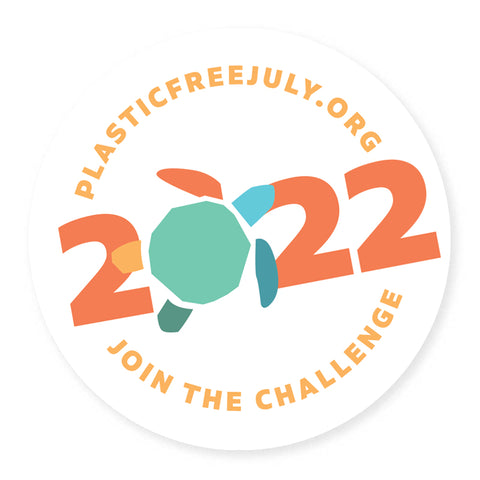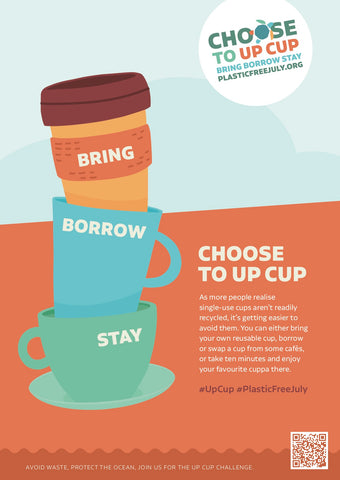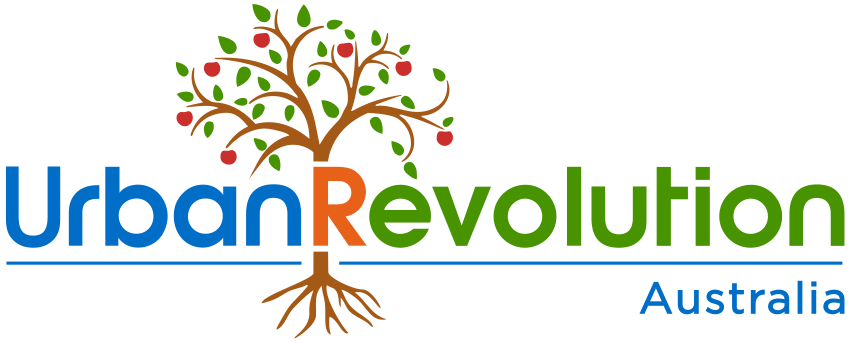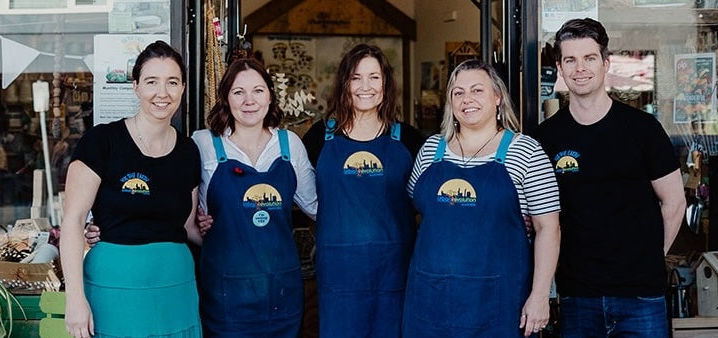Plastic Free July was founded in 2011 in Perth, and has grown to become one of the largest conservation movements in the world.
It was started by Rebecca Prince-Ruiz and a small team in local government in Western Australia, and is now one of the most influential global environmental campaigns. Millions of people across the globe take part every year, with many committing to reducing plastic pollution far beyond the month of July.
Plastic Free July is a core initiative of the Plastic Free Foundation, an independent, not for profit organisation based in Fremantle which is working towards a vision of a planet free from plastic waste. Hundreds of businesses, local governments and community organisations participate in the Plastic Free July challenge each year.

Plastic Free July Impacts on People Worldwide
An IPSOS Survey in 2021 of over 20,000 people in 28 countries revealed that 29% of global consumers surveyed were aware of Plastic Free July and, of those, 13% participated. This meant an estimated 140 million people worldwide took part in Plastic Free July from 190 countries.
Plastic Free July participants:
- Reduce their household waste and recycling by 15kg per person per year (3.5% less waste)
- Globally they reduced 2.1 billion tonnes of waste and recycling including 300 million kgs of plastic consumption
- 86% people made changes that have become habits/ a way of life
- After 11 years Plastic Free July has reduced global demand by 2.3% of all bottled water, 3.1% of all fruit and vegetable packaging, 4.0% of all plastic straws
Plastic Free July 2022
In 2022, one of the key campaigns of Plastic Free July is "Choose to Up Cup: Bring, Borrow, Stay". The focus of this campaign is to encourage new reusable habits and a move away from single use coffee cups. Plastic single use coffee cups will be banned in WA from 2023 as part of the WA Plan for Plastics which has already outlawed single use plastic bags, plates, cutlery and more.

Most single use coffee cups, including compostable cups, cannot be recycled. Despite the name, compostable cups can only usually be composted if they find their way into a commercial composting facility as they do not readily break down in home composting systems.
Choose to refuse single use cups by bringing your own reusable coffee cup. Keep it in your desk at work, in your bag or in the car. Environmentally friendly reusable coffee cups can be made of ceramic, glass or stainless steel.
Take the time to dine in at your favourite cafe or encourage them to set up a mug library if they don't have one running. We were delighted to be able to support our local cafe, Social Manna, to set up a mug library earlier this year.
Will you choose to "Up Cup" this Plastic Free July? We'd love to hear about your plastic free journey this July and throughout the year.







Leave a comment (all fields required)